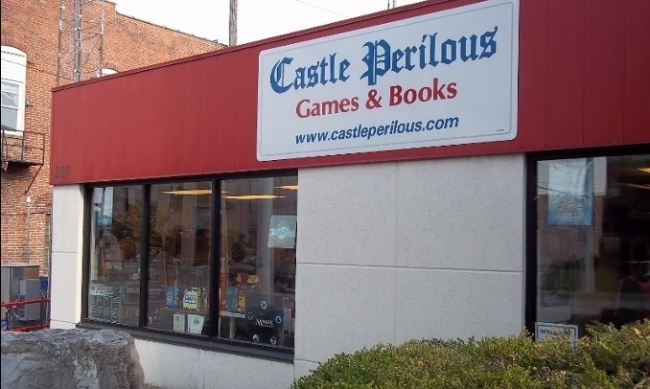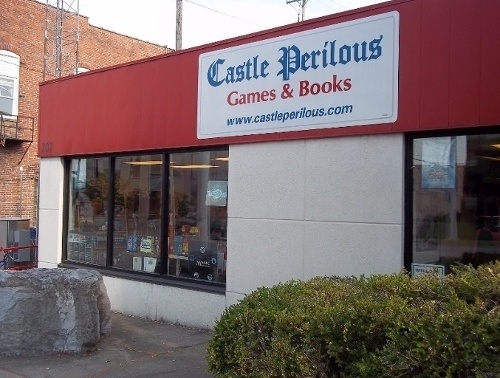Amazon started with books. Jeff Bezos chose the name because he visualized the company as eventually this massive operation funneling everything to the consumer, and while I cannot say he has succeeded beyond his wildest dreams (since I don’t know what his original plans were) he has successfully disrupted retail far beyond how I and most other store owners thought he would back in the 1990s. In the age of Amazon, you (and I mean you) can order anything (and I mean anything) online. Amazon will even sell you buttons that you can press when you get low on a product that will put an order in for it with the company (you can also buy refrigerators that will order food when you get low and run the defrost cycle at less expensive times but that’s something else entirely). So why, in this time of ordering so much online, are bookstores doing so well, adding 570+ new stores since 2009 and would this model work for game stores?
Harvard Business School Assistant Professor of Business Administration Ryan L Raffaelli decided to take a look at why bookstores have staged such a strong comeback in the era of Amazon. His research found three main reasons for the growth, reasons that apply to game stores in the face of Internet competition as well:
- Local appeal. A successful store has to become part of the community. People need to know your name, whether solely in your market niche or as art of the greater market. This often requires stepping outside of the store’s comfort zone, joining local civic organizations such as the Chamber of Commerce, Main Street, Kiwanis, Rotary or others. Donate to and/or sponsor events that are community wide. The clubhouse or tournament store model can still work as it did during the1980s and 1990s but it is generally not successful over the long term. Get your name out there.
- Curated selection. People like choice but not too much choice. Research shows that, in general, if offered too many choices, customers will often "shut down" and be unable to make a choice, often walking off and not choosing anything at all. It is no coincidence that the abandoned shopping cart is a major factor plaguing online retailers, who spend large sums of money working to reduce this problem. The bookstore (and game store) reduces this problem by actually cutting the number of offerings to the consumer, evaluating books and game selections ahead of time and choosing which ones to bring into the store. There are somewhere in the neighborhood of 200+ new games released each month (and roughly 700,000 new books released each year). The book/game store works to pick out the ones that they feel will appeal most to their clientele, saving the customer the work of going through all of the new releases to find the gems.
- Events. The successful bookstore no longer relies on just selling books but makes itself part of the community by hosting events, some stores ratcheting up to 500 or more events per year, making the store not only a place to buy books, and other items, but a place to go for entertainment, something that game stores learned to do a long time ago.
So, according to Prof. Raffaelli, there you have it. If a store wants to succeed in the shadow of Amazon, local appeal, curated selection and a hefty event schedule.
The opinions expressed in this column are solely those of the writer, and do not necessarily reflect the views of the editorial staff of ICv2.com.




